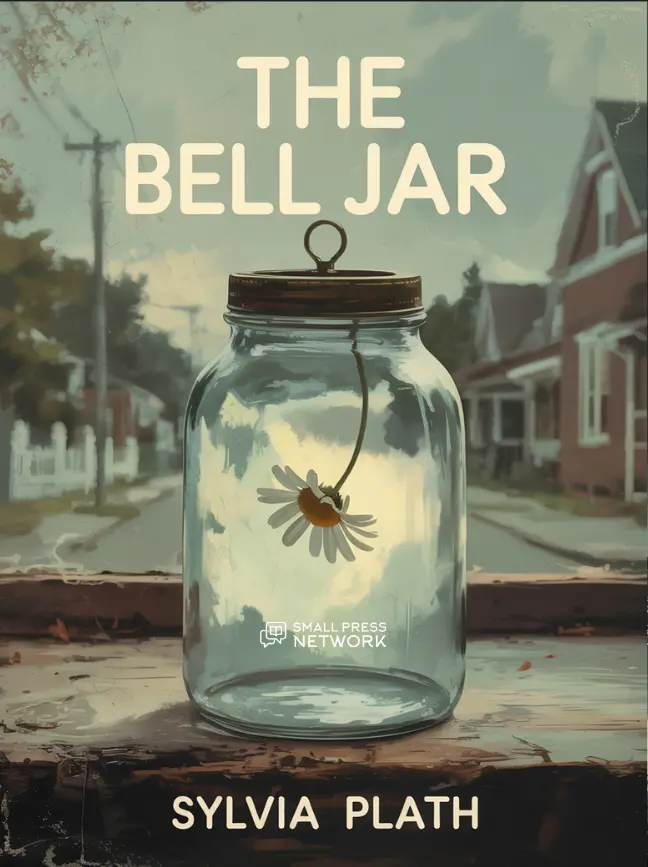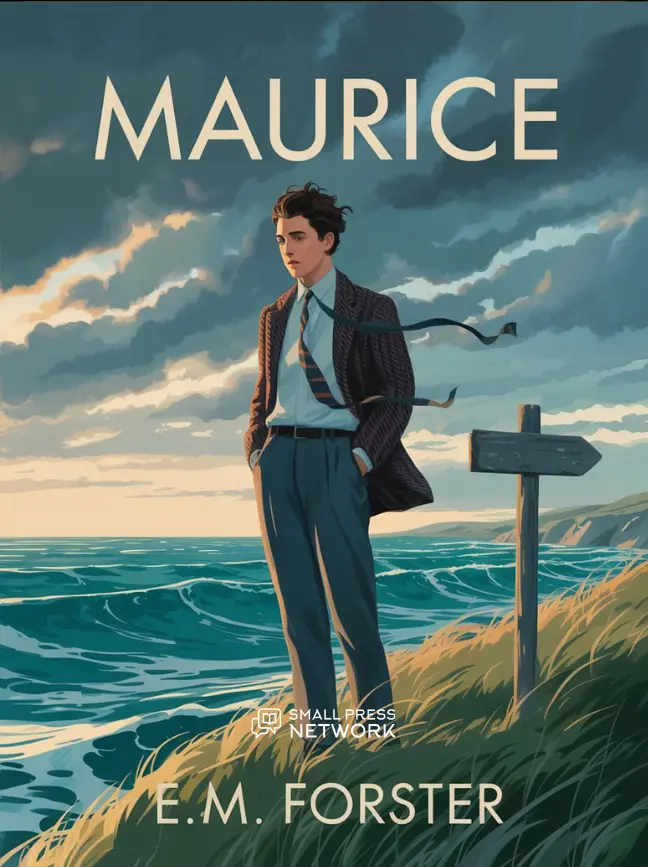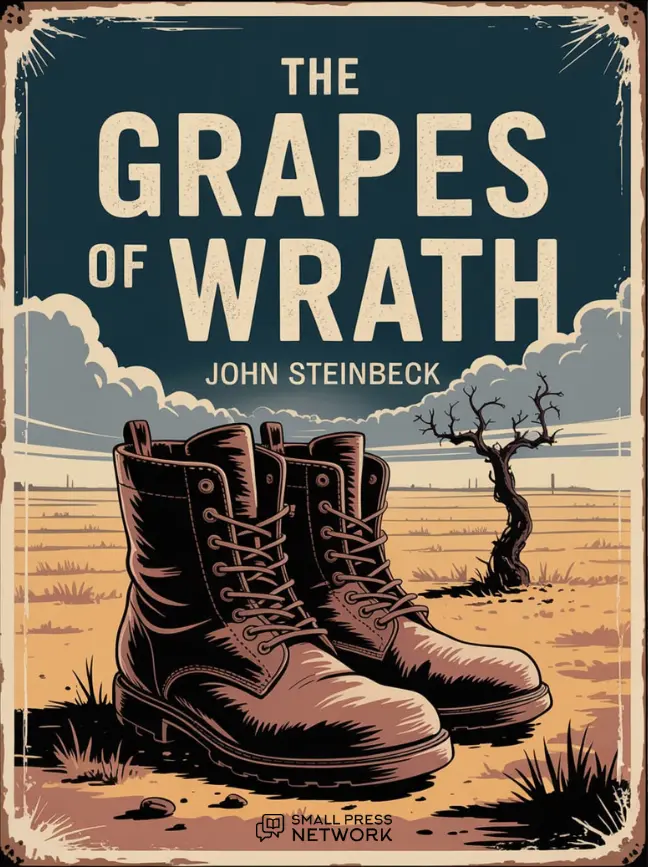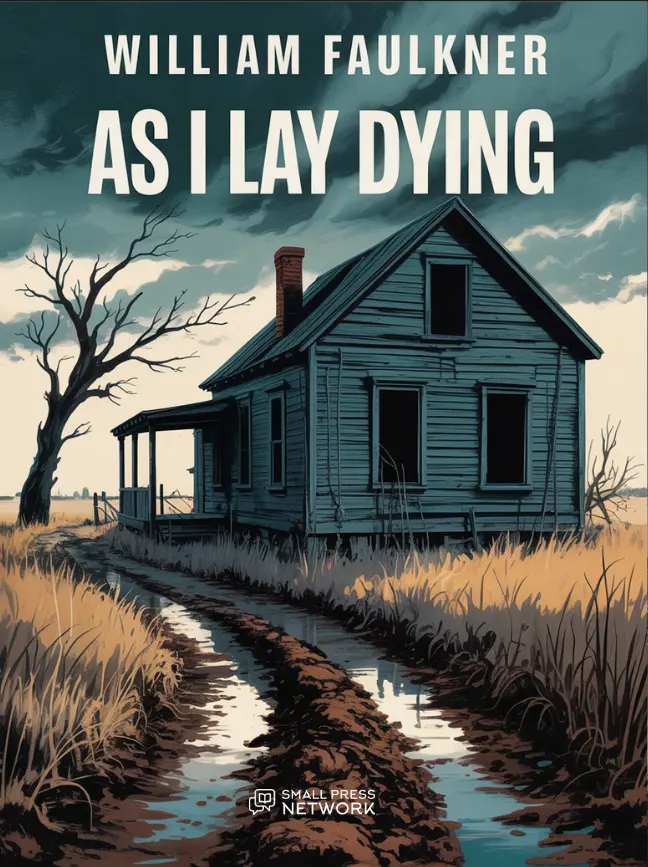Chapter 20 A fresh fall of snow blanketed the asylum grounds—not a Christmas sprinkle, but a man-high January deluge, the sort that snuffs out schools and offices and churches, and leaves, for a day or more, a pure, blank sheet in place of memo pads, date books and calendars.
In a week, if I passed my interview with the board of doctors, Philomena Guinea’s large black car would drive me west and deposit me at the wrought-iron gates of my college.
The heart of winter!
Massachusetts would be sunk in a marble calm. I pictured the snowflakey, Grandma Moses villages, the reaches of swampland rattling with dried cat-tails, the ponds where frog and hornpout dreamed in a sheath of ice, and the shivering woods.
But under the deceptively clean and level slate the topography was the same, and instead of San Francisco or Europe or Mars I would be learning the old landscape, brook and hill and tree. In one way it seemed a small thing, starting, after a six months’ lapse, where I had so vehemently left off.
Everybody would know about me, of course.
Doctor Nolan had said, quite bluntly, that a lot of people would treat me gingerly, or even avoid me, like a leper with a warning bell. My mother’s face floated to mind, a pale, reproachful moon, at her last and first visit to the asylum since my twentieth birthday. A daughter in an asylum! I had done that to her. Still, she had obviously decided to forgive me.
“We’ll take up where we left off, Esther,” she had said, with her sweet, martyr’s smile. “We’ll act as if all this were a bad dream.”
A bad dream.
To the person in the bell jar, blank and stopped as a dead baby, the
world itself is the bad dream.
A bad dream.
I remembered everything.
Chapter 20 | 209
I remembered the cadavers and Doreen and the story of the fig-tree and Marco’s diamond and the sailor on the Common and Doctor Gordon’s wall-eyed nurse and the broken thermometers and the negro with his two kinds of beans and the twenty pounds I gained on insulin and the rock that bulged between sky and sea like a grey skull.
Maybe forgetfulness, like a kind snow, should numb and cover them.
But they were part of me. They were my landscape.
“A man to see you!”
The smiling, snow-capped nurse poked her head in through the door, and for a confused second I thought I really was back in college and this spruce white furniture, this white view over trees and hills, an improvement on my old room’s nicked chairs and desk and outlook over the bald quad. “A man to see you!” the girl on watch had said, on the dormitory phone.
What was there about us, in Belsize, so different from the girls playing bridge and gossiping and studying in the college to which I would return? Those girls, too, sat under bell jars of a sort.
“Come in!” I called, and Buddy Willard, khaki cap in hand, stepped
into the room.
“Well, Buddy,” I said.
“Well, Esther.”
We stood there, looking at each other. I waited for a touch of emotion, the faintest glow. Nothing. Nothing but a great, amiable boredom. Buddy’s khaki-jacketed shape seemed small and unrelated to me as the brown posts he had stood against that day a year ago, at the bottom of the ski run.
“How did you get here?” I asked finally.
“Mother’s car.”
“In all this snow?”
“Well,” Buddy grinned, “I’m stuck outside in a drift. The hill was too much for me. Is there anyplace I can borrow a shovel?”
“We can get a shovel from one of the groundsmen.”
“Good.” Buddy turned to go.
210 | The Bell Jar
“Wait, I’ll come and help you.”
Buddy looked at me then, and in his eyes I saw a flicker of strangeness—the same compound of curiosity and wariness I had seen in the eyes of the Christian Scientist and my old English teacher and the Unitarian minister who used to visit me.
“Oh, Buddy,” I laughed. “I’m all right.”
“Oh, I know, I know, Esther,” Buddy said hastily.
“It’s you who oughtn’t to dig out cars, Buddy. Not me.”
And Buddy did let me do most of the work.
The car had skidded on the glassy hill up to the asylum and backed, with one wheel over the rim of the drive, into a steep drift.
The sun, emerged from its grey shrouds of cloud, shone with a summer brilliance on the untouched slopes. Pausing in my work to overlook that pristine expanse, I felt the same profound thrill it gives me to see trees and grassland waist-high under flood water—as if the usual order of the world had shifted slightly, and entered a new phase.
I was grateful for the car and the snowdrift. It kept Buddy from asking me what I knew he was going to ask, and what he finally did ask, in a low, nervous voice, at the Belsize afternoon tea. DeeDee was eyeing us like an envious cat over the rim of her teacup. After Joan’s death, DeeDee had been moved to Wymark for a while, but now she was among us once more.
“I’ve been wondering …” Buddy set his cup in the saucer with an
awkward clatter.
“What have you been wondering?”
“I’ve been wondering … I mean, I thought you might be able to tell me something.” Buddy met my eyes and I saw, for the first time, how he had changed. Instead of the old, sure smile that flashed on easily and frequently as a photographer’s bulb, his face was grave, even tentative—the face of a man who often does not get what he
wants.
“I’ll tell you if I can, Buddy.”
“Do you think there’s something in me that drives women crazy?”
I couldn’t help myself, I burst out laughing—maybe because of the
Chapter 20 | 211
seriousness of Buddy’s face and the common meaning of the word “crazy” in a sentence like that.
“I mean,” Buddy pushed on, “I dated Joan, and then you, and first you… went, and then Joan…”
With one finger I nudged a cake crumb into a drop of wet, brown tea.
“Of course you didn’t do it!” I heard Doctor Nolan say. I had come to her about Joan, and it was the only time I remember her sounding angry. “Nobody did it! She did it!” And then Doctor Nolan told me how the best of psychiatrists have suicides among their patients, and how they, if anybody, should be held responsible, but how they, on the contrary, do not hold themselves responsible….
“You had nothing to do with us, Buddy.”
“You’re sure?”
“Absolutely.”
“Well,” Buddy breathed. “I’m glad of that.”
And he drained his tea like a tonic medicine.
“I hear you’re leaving us.”
I fell into step beside Valerie in the little, nurse-supervised group.
“Only if the doctors say yes. I have my interview tomorrow.”
The packed snow creaked underfoot, and everywhere I could hear a musical trickle and drip as the noon sun thawed icicles and snow crusts that would glaze again before nightfall.
The shadows of the massed black pines were lavender in that bright light, and I walked with Valerie a while, down the familiar labyrinth of shovelled asylum paths. Doctors and nurses and patients passing on adjoining paths seemed to be moving on casters, cut off at the waist by the piled snow. “Interviews!” Valerie snorted.
“They’re nothing! If they’re going to let you out, they let you out.”
“I hope so.”
In front of Caplan I said good-bye to Valerie’s calm, snow-maiden face behind which so little, bad or good, could happen, and walked on alone, my breath coming in white puffs even in that sun-filled air.
Valerie’s last, cheerful cry had been “So long! Be seeing you.”
“Not if I know it,” I thought.
212 | The Bell Jar
But I wasn’t sure. I wasn’t sure at all. How did I know that someday—at college, in Europe, somewhere, anywhere—the bell jar, with its stifling distortions, wouldn’t descend again?
And hadn’t Buddy said, as if to revenge himself for my digging out the car and his having to stand by, “I wonder who you’ll marry now, Esther.”
“What?” I’d said, shovelling snow up on to a mound and blinking against the stinging back-shower of loose flakes.
“I wonder who you’ll marry now, Esther. Now you’ve been,” and Buddy’s gesture encompassed the hill, the pines and the severe, snow-gabled buildings breaking up the rolling landscape, “here.”
And of course I didn’t know who would marry me now that I’d been where I had been. I didn’t know at all.
“I have a bill here, Irwin.”
I spoke quietly into the mouthpiece of the asylum pay phone in the main hall of the administration building. At first I suspected the operator, at her switchboard, might be listening, but she just went on plugging and unplugging her little tubes without batting an eye.
“Yes,” Irwin said.
“It’s a bill for twenty dollars for emergency attention on a certain date in December and a check-up a week thereafter.”
“Yes,” Irwin said.
“The hospital says they are sending me the bill because there was no answer to the bill they sent to you.”
“All right, all right, I’m writing a cheque now. I’m writing them a blank cheque.” Irwin’s voice altered subtly. “When am I going to see
you?”
“Do you really want to know?”
“Very much.”
“Never,” I said, and hung up with a resolute click.
I wondered, briefly, if Irwin would send his cheque to the hospital after that, and then I thought, “Of course he will, he’s a mathematics professor—he won’t want to leave any loose ends.”
I felt unaccountably weak-kneed and relieved.
Irwin’s voice had meant nothing to me.
Chapter 20 | 213
This was the first time, since our first and last meeting, that I had spoken with him and, I was reasonably sure, it would be the last.
Irwin had absolutely no way of getting in touch with me, except by going to Nurse Kennedy’s flat, and after Joan’s death Nurse Kennedy had moved somewhere else and left no trace.
I was perfectly free.
Joan’s parents invited me to the funeral.
I had been, Mrs Gilling said, one of Joan’s best friends.
“You don’t have to go, you know,” Doctor Nolan told me. “You can always write and say I said it would be better not to.”
“I’ll go,” I said, and I did go, and all during the simple funeral service I wondered what I thought I was burying.
At the altar the coffin loomed in its snow-pallor of flowers—the black shadow of something that wasn’t there. The faces in the pews around me were waxen with candlelight, and pine boughs, left over from Christmas, sent up a sepulchral incense in the cold air.
Beside me, Jody’s cheeks bloomed like good apples, and here and there in the little congregation I recognized other faces of other girls from college and my home town who had known Joan. DeeDee and Nurse Kennedy bent their kerchiefed heads in a front pew.
Then, behind the coffin and the flowers and the face of the minister and the faces of the mourners, I saw the rolling lawns of our town cemetery, knee-deep in snow now, with the tombstones rising out of it like smokeless chimneys.
There would be a black, six-foot deep gap hacked in the hard ground. That shadow would marry this shadow, and the peculiar, yellowish soil of our locality seal the wound in the whiteness, and yet another snowfall erase the traces of newness in Joan’s grave.
I took a deep breath and listened to the old brag of my heart.
I am, I am, I am.
The doctors were having their weekly board meeting—old business, new business, admissions, dismissals and interviews.
Leafing blindly through a tatty National Geographic in the asylum library, I waited my turn.
Patients, with accompanying nurses, made their rounds of the
214 | The Bell Jar
stocked shelves, conversing, in low tones, with the asylum librarian, an alumna of the asylum herself. Glancing at her—myopic, spinsterish, effaced—I wondered how she knew she had really graduated at all, and, unlike her clients, was whole and well.
“Don’t be scared,” Doctor Nolan had said. “I’ll be there, and the rest of the doctors you know, and some visitors, and Doctor Vining, the head of all the doctors, will ask you a few questions, and then you can go.”
But in spite of Doctor Nolan’s reassurances, I was scared to death.
I had hoped, at my departure, I would feel sure and knowledgeable about everything that lay ahead—after all, I had been “analyzed.”
Instead, all I could see were question marks.
I kept shooting impatient glances at the closed boardroom door.
My stocking seams were straight, my black shoes cracked, but polished, and my red wool suit flamboyant as my plans. Something old, something new….
But I wasn’t getting married. There ought, I thought, to be a ritual for being born twice—patched, retreaded and approved for the road.
I was trying to think of an appropriate one when Doctor Nolan appeared from nowhere and touched me on the shoulder.
“All right, Esther.”
I rose and followed her to the open door.
Pausing, for a brief breath, on the threshold, I saw the silver- baked doctor who had told me about the rivers and the Pilgrims on my first day, and the pocked, cadaverous face of Miss Huey, and eyes I thought I had recognized over white masks.
The eyes and the faces all turned themselves towards me, and guiding myself by them, as by a magical thread, I stepped into the room.
Chapter 20 | 215




